During the DPP webinar ‘Can We Build Back Greener?’, Google’s sustainability officer stated that this is “the critical decade” for mankind’s de-carbonisation efforts, while a leading academic advocated employee activism as a key lever towards sustainability.
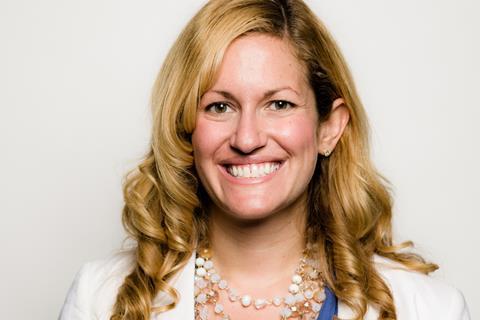
Google has been carbon neutral for 13 years and counting. And for the last three years it has been the only major company to match 100% of its electricity use with renewable energies. Wind and solar projects have generated $7bn in energy infrastructure investments, plus thousands of associated jobs.
Kate Brandt, sustainability officer at Google, said: “Our data centres are twice as energy efficient as typical enterprise data centres, and compared to five years ago we now get seven times as much compute for the same electrical power.”
Google is also heavily involved with food waste. “A third of food globally is wasted, and we are looking at technology to drive innovative solutions. We have reduced 6.6m lb [3m kg] of food waste since 2014 in partnership with the specialist technology company Leanpath,” said Brandt.
“We are also in Global Fishing Watch, where AI is a topic of much interest to us. It is critical to put AI to work for the toughest challenges, like for flood forecasting,” she added. “In the 90 days up to April 22, Google saw a 4,000% increase in people searching for how to live a sustainable lifestyle. Some 80% of people are willing to make changes to stop climate change. This is a critical insight, and this is the critical decade.”
Professor CB Bhattacharya of the KATZ management school provided a broad picture based on the 60,000 plus publicly listed companies. His 2019 book Small Actions, Big Difference reflects his academic kudos in the area of sustainability.
“My observation across a wide section of companies is that most get the why, but many of them founder on the how. The profit maximisation idea as to why business exists is fallacious. Business exists to serve society and to create value for members of society,” he said. “Any business needs to learn to accept profit as a consequence of such value creation.”
Bhattacharya highlighted a big issue. “Many still believe that CSR and sustainability are more or less one of the same, and that sustainability is CSR 2.0. That is not right because sustainability is about survival and it impacts every part of a company, from procurement to disposal,” he added. “I hope business will use this moment as some kind of epiphany: it is not just profit, it is now about people, planet and profit. There isn’t a sweet spot where you can do well by all three of these elements.”
“Give every person a sense of ownership. Employee activism is an incredibly important component,” he concluded.










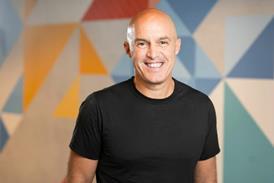



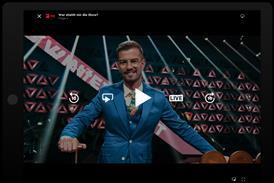
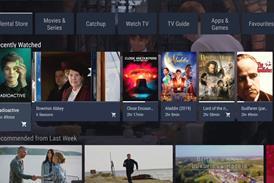
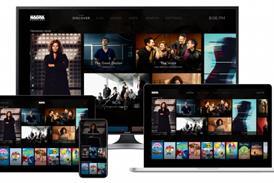















No comments yet